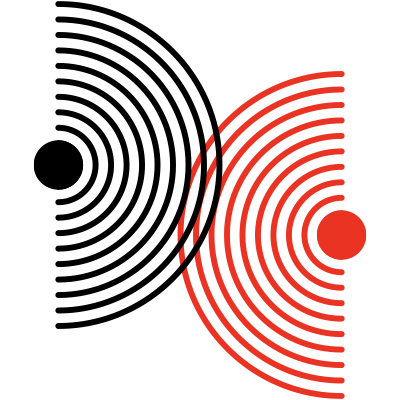
Johns Hopkins Professor of Medicine Mary Catherine Beach, who has been on a careerlong quest to improve communication between clinicians and patients, has had a revelation of late.
“Looking back on nearly 50 years of research and educational literature on communication in health care, I realized that virtually all the focus has been on how physicians should talk to their patients — not on how they should listen to them,” says Beach, who is co-director of CIM’s Center for Humanizing Medicine (CHM) and a Mary Gallo CIM Scholar.
Filling that gap in knowledge is crucial, Beach notes, citing a recent national survey measuring what patients look for when determining whether a doctor is trustworthy. “Some variation of, ‘the doctor listened to me’ turned out to be the most important predictor of building trust,” she says.
Patient trust isn’t just an abstract concept. Real harms can result when trust between patient and doctor isn’t there, she notes, including misdiagnosis or delays in diagnosis, ineffective treatment, unnecessary tests, psychological distress, medical errors and poor patient outcomes.
So Beach is actively sharing and advocating for the skills required for effective listening — first at a CIM Seminar last fall and more recently in February with a Grand Rounds presentation to hundreds of Johns Hopkins faculty, medical students and trainees. She’s grouped these skills into three main components:
1: ‘Epistemic Reciprocity’
This is a fancy term that simply means maintaining the belief that each participant in a conversation has “something important and valuable to say,” explains Beach. “It’s about sharing power. It’s about whose knowledge counts.”
In too many clinician-patient encounters, she says, a patient’s concerns go unheard or unaddressed — or even worse, are brushed off. “This phenomenon of being made to feel like you’re histrionic or exaggerating has been termed ‘medical gaslighting,’” Beach says, “and there are inequities by race and gender as to who gets taken seriously.”
For clinicians committed to listening better, a good start is to begin each patient encounter with curiosity and a sincere interest in what the patient has to say.
2: Overcoming Barriers to Careful Listening
It’s important to pay attention so we can understand what patients are saying, Beach says. But that’s not easy. “In general, people don’t listen carefully enough to each other; instead our mind is focused on what we are going to say in response,” she says.
For doctors, there are additional barriers to effective listening: relentless pressure to see more patients, the time-consuming electronic health record that needs to be updated, environmental noise, lack of sleep and general stress.
“On top of all that, as clinicians we need to listen with multiple ears and on multiple levels,” Beach says. “When a patient asks, ‘Do I need to take this medication for the rest of my life?’ is it an emotionally neutral question? Or are they concerned at a fundamental level that they are moving from being a healthy person to being an unhealthy person? We need to find a way to listen and understand on deeper levels, and to pay attention to emotional cues — but that’s difficult to do.”
“In general, people don’t listen carefully enough to each other; instead our mind is focused on what we are going to say in response.” – Mary Catherine Beach
3: Communicating You Have Heard and Understand
There are nonverbal ways clinicians can indicate they are paying attention, such as making eye contact, Beach notes. “And if we need to be on the computer, we can just acknowledge it directly. We might say something like, ‘I am going to type while you talk to make sure I get everything down.’”
Then there is the all-important reflection, which signals you understand the facts (“So this has been going on for six months”), are able to express an emotional response (“That sounds awful”), and acknowledge how the situation is impacting the patient’s identity or sense of self (“You’ve always been so active; this must have really changed your life.”)
For Beach, helping fellow clinicians to develop strong listening skills is an important key to advancing the mission of the CHM — “that is, to ensure that every patient is treated with dignity and respect and gets compassionate care.”